How Gearbox Evolved From Developer To Publisher In Three Years
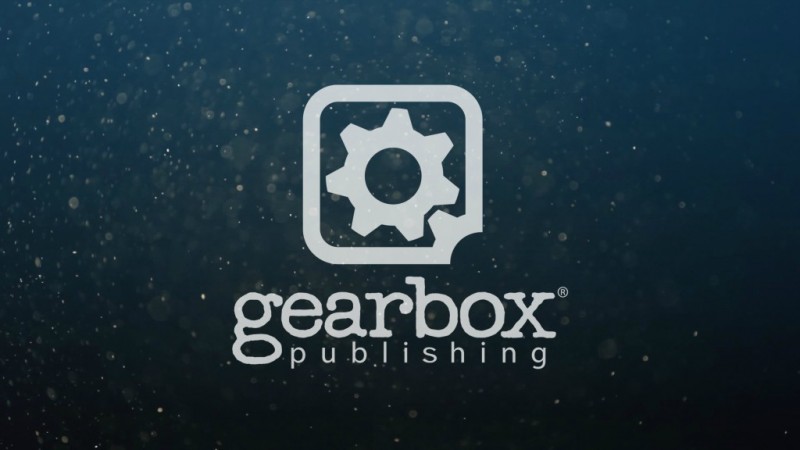
Gearbox Software has long been a household name among gamers with franchises like Borderlands. Among fellow developers, the goal of its three-year-old Gearbox Publishing branch is becoming a staple known for being “developer-friendly,” a phrase that frequently circulates the conversation among the publisher and the creators it collaborates with. “I believe [Gearbox Software president Randy Pitchford] was out there saying, ‘We want to be most developer-friendly publisher in the world,’ and that’s pretty much what we’re doing,” says head of Gearbox Publishing Steve Gibson.
The Frisco, Texas-based developer mulled over the concept of entering publishing for a long time because it wanted to evolve and better grasp the processes of releasing games, then spread its wisdom by helping other developers. The idea began sprouting after acquiring the Homeworld property in 2013. Two years later, Gearbox made its first foray into manufacturing with the collector’s edition of Homeworld Remastered Collection. “In the tradition of game development and publishing, we spent more on Homeworld than we planned to,” says Gibson in moving forward with helming the collector’s edition and initially wanting to keep the project on a smaller scale, “but it worked out pretty great and we found success with that.”
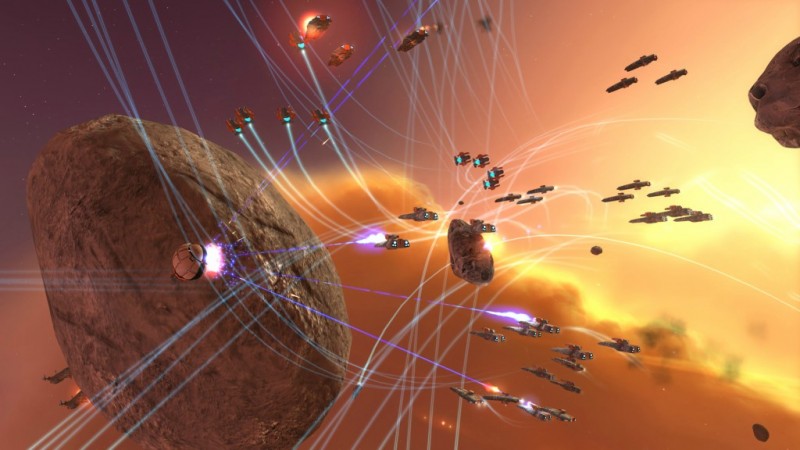
With success comes struggles, however. On the cusp of Homeworld Remastered’s launch, the fledgling publisher decided the collector’s edition would release internationally, meaning barcodes needed to be altered. Fans were greeted with delays since the units already set sail to Europe and needed to be re-stickered. “We were able to save face a little bit by (providing) thousands of (digital) copies of the game on launch day to customers who had pre-ordered the collector’s edition and wouldn’t be getting it on time,” says Gearbox Publishing PR manager Austin Malcolm.
About a year later, a Homeworld follow-up, Deserts of Kharak, was released by Blackbird Interactive, a developer comprised of key artistic members from the original Homeworld. “They were working on a game that was clearly inspired by Homeworld,” says Gibson when Gearbox met with Blackbird at E3 2015. “We were talking about getting them a license to Homeworld so they can convert the game. Through those discussions, we realized these guys could use a little bit more help than that, so we decided to help publish for them, too.”
Around the same time, Gearbox broke out of the PC-only realm and had modest console successes with Duke Nukem 3D: 20th Anniversary World Tour and Bulletstorm: Full Clip Edition. It also helped several months later in bringing Hello Neighbor to retail, which sold about 500,000 copies, despite being critically panned. Gibson says these experiences gave Gearbox further confidence as a publisher.
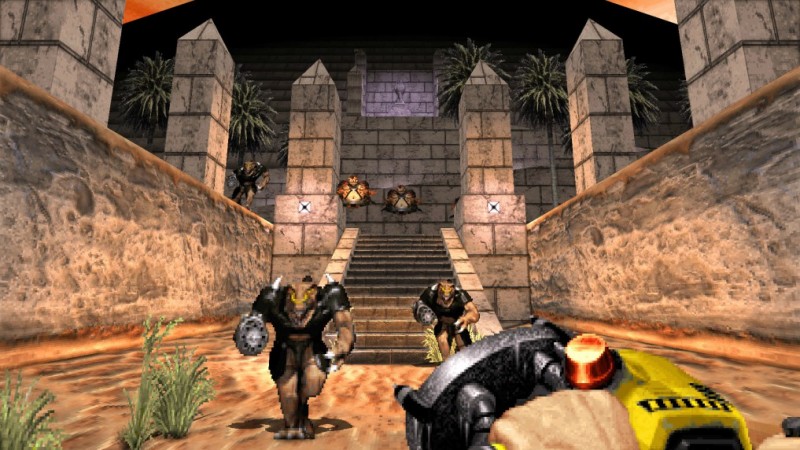
Shortly after Bulletstorm, Compulsion Games made a chilling and memorable mark with its We Happy Few demo on Microsoft’s stage at E3 2016. The survival game centered around a bliss-inducing drug was one of the talks of the annual show, and myriad big-name publishers took notice. “We had talked to some of the larger publishers like Warner Bros. and Square-Enix, all the top-level publishers,” says We Happy Few creative director and Compulsion founder Guillaume Provost, “but we wondered if we were going to be a back-of-the-catalog afterthought. I think the realization was yes, [Gearbox] is a new publisher, but the team seems really competent and well put together.”
Provost credits Gibson as the decisive factor in signing with Gearbox. “He’s just very considerate, he’s not arrogant; he wants to do well for Gearbox, but he seems to be looking out for the developers” says Provost, “and that’s definitely been proven a lot in the relationship we’ve had since then. From my perspective, they’ve been everything and developer-friendly and just helping us trying to make the best possible game,” which includes Gearbox ironing out glitches and bugs in We Happy Few’s story, allowing Compulsion to give preview players the complete narrative experience upon the game’s full release. “Having more internal playtest reviews and understanding if what we’re doing right and what we’re doing wrong before the release of the final game really helps us shape the story that’s going to come out in a way where players are experiencing something that’s great,” says Provost. “We want to make sure people got a finished version of the story, not a half-baked story.”
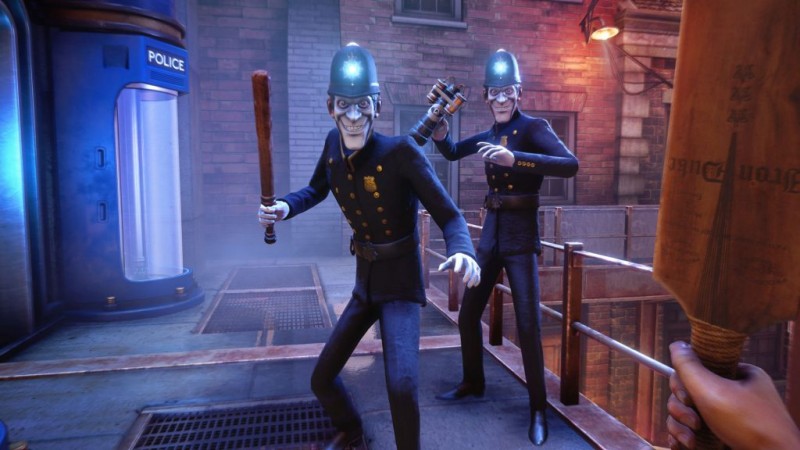
Ironically, Gearbox’s transparency shines most through Compulsion’s weekly meetings. On Mondays, team members converge to showcase what they are working on for the week, then show the fruits of their labor on Fridays. Gearbox chimes in with updates as well, which have ranged from box factory visits to “arguing” with Brazilian ratings boards on We Happy Few’s violence.
“That type of relationship is one that I haven’t experienced before [with other] publishers,” says Provost with enthusiasm, “and I found it to be a lot more collaborative in nature because it’s less mysterious what the publisher is doing, and to the publisher it’s less mysterious what the developer is doing. We feel we’re working more together as a team across companies than as two separate entities as a result.”
While communications are tight knit between Gearbox and Compulsion, Gibson wishes that was equally conveyed with fans who pre-ordered We Happy Few’s Time Capsule collector’s edition. The publisher decided to oust the game from the set so Kickstarter backers and Xbox Game Preview participants weren’t forced to double dip in purchases, but some unhappy fans felt swindled. “Most developers would agree that the first adopters, the guys who are the advocates, should be served first,” says Gibson reflecting on the lesson. “They’ve already bought the game, they’re already entitled to the game, so if we’re going to make this thing we can’t go asking for them to pay it twice ... We’re trying to do the right thing. Sorry we screwed up there.”
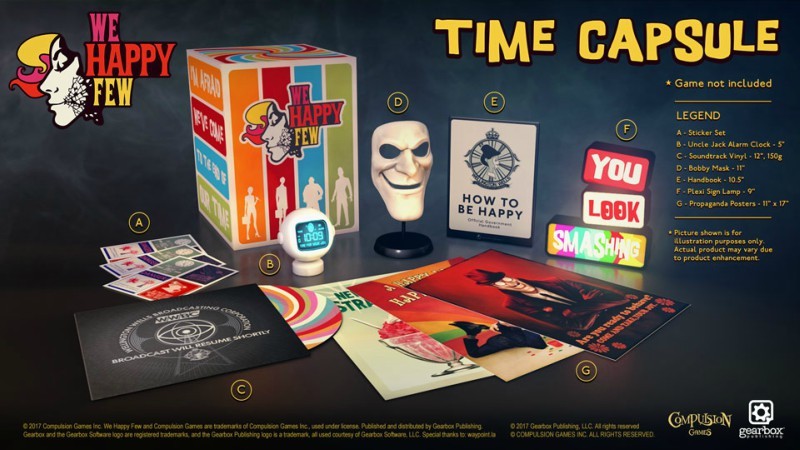
Meanwhile, Gearbox signed on with Epic Games to release retail copies of Fortnite, a free-to-play title that, at the time, wasn’t backed by its now wildly popular battle royale mode. “The challenge of convincing retailers to stock a free-to-play title was tough,” says Gibson. “We were like, ‘Hell yeah we’ll give that a shot.’ … I’m willing to just take a gamble on something as crazy as Fortnite, which in hindsight now is like yeah, of course you’d pick up Fortnite. Look at that thing, it’s crushing the world right now ... We just stuck our finger up in the wind and just said, ‘You know what, I think this many boxes (on shelves).’ It’s worked out since then, but that was a crazy one, and Epic has been fantastic partner.”
Though Fortnite’s massive success was not clairvoyant, Gearbox feels the game’s magnetism has helped them reap more opportunities. “The number of doors that has opened for us to do a better job for fellow developers with games they want the world to also see can’t be overstated,” says Malcom. “We are sure that more people are going to get to see and play many of our upcoming games as a direct result of that.”
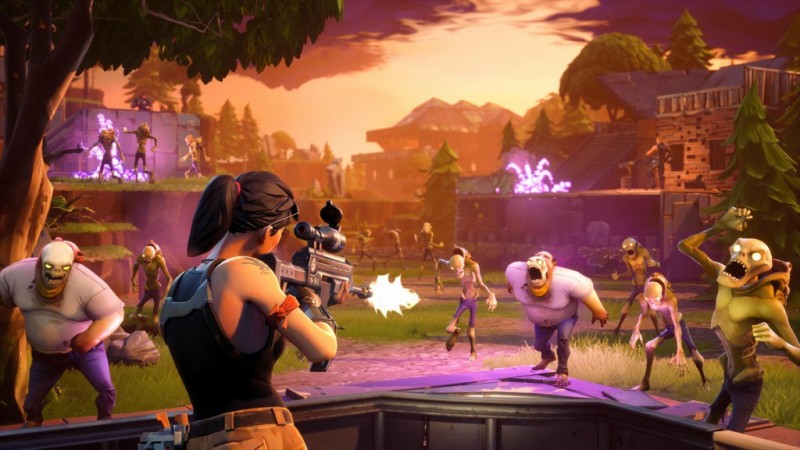
The publisher’s latest opportunities knocked at the Moscone Center’s doors in San Francisco, California, during GDC this year. Gearbox met and signed with four new developers, two of which are locked in place while the others are in negotiations. Though Gearbox declined to say whom they teamed with by leaving the reveals up to the developer’s disclosure, it seems their bulbs are burning brighter as they head into the future with their developer-friendly philosophy driving the machine. “Our goal is to be the most developer-friendly publisher ... From humble beginnings, we’re doing pretty well,” says Gibson. “We’re pretty excited about how things have been going and what the future looks like. Please forgive our missteps as we still learn.”
For more on Gearbox Publishing’s works, check out our reviews for Homeworld Remastered and Hello Neighbor, four bullet points for Bulletstorm remastered, why we think Duke Nukem 3D is still awesome, and why one of us believes Fortnite triumphs over PUBG.

Get the Game Informer Print Edition!
Explore your favorite games in premium print format, delivered to your door.
- 10 issues per year
- Only $4.80 per issue
- Full digital magazine archive access
- Since 1991









